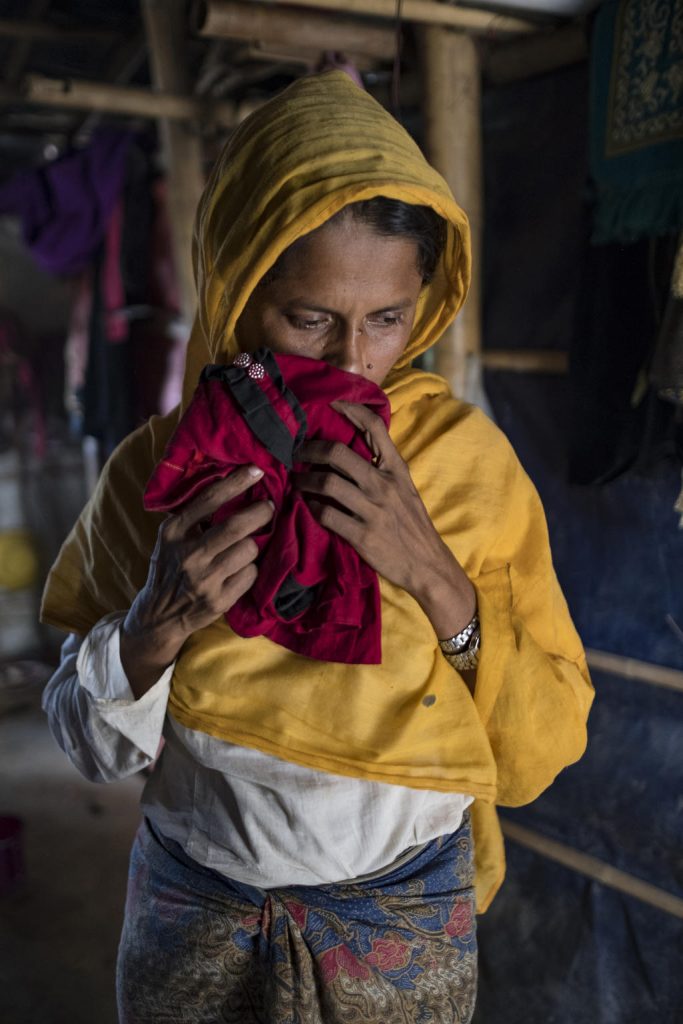Two years on from the arrival of nearly one million Rohingya refugees to Bangladesh, the situation remains grave for children in refugee camps near Cox’s Bazar in Bangladesh. Teenage girls are particularly at risk with families reporting the disappearance and trafficking of their children.
Currently, 500,000 children live in heavily congested camps in one of the poorest, most disaster-prone areas of Bangladesh.
In these dangerous conditions, refugee communities report children going missing. It has also been reported that adolescent girls are being forced into marriage, often with older men or are being forced into prostitution by their employers. Some desperate parents feel compelled to send their children out to find work, often in treacherous conditions. Children have been taken to other parts of the district and even to other parts of the country, where they have no contact with their families and may not receive any payment for their work.
Field worker and Irish woman Karen Reidy spoke to BBC’s Women’s Hour about the challenges young girls and women face in the camps and the work that UNICEF is doing to protect children and provide girls with an education that can empower them in their families and communities.
Listen to Karen’s interview here from 17.40.


